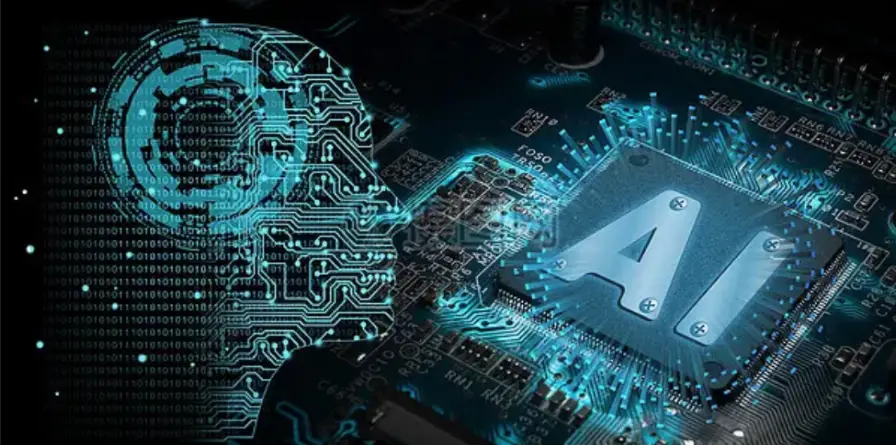Hey, Today we're going to talk about something super cool: facial recognition technology on mobile devices. Do you remember the excitement you had when you first unlocked your phone with your face? I remember it clearly, it felt like stepping into the world of a sci-fi movie! But behind this seemingly simple technology, there is actually a complex development process and many challenges. Let's explore it together!

Remember the early days of facial recognition technology? It was a joke. I once tried to trick my friend's phone with a printed photo, and it actually worked! But now, even twins have a hard time unlocking each other's phones.
When Apple introduced Face ID, I first realized how powerful 3D facial recognition technology is. Not only does it work in the dark, it can also recognize if I'm wearing glasses or a hat. The advent of this technology has ushered in a whole new stage in the application of facial recognition on mobile devices.
The application of facial recognition technology on mobile devices goes far beyond unlocking phones. Let me give you a few interesting examples:
1. Mobile payment: Imagine that you can pay by just glancing at your phone when you check out at a supermarket. I experienced this payment method at a convenience store last week and felt like a person from the future!
2. Social media filters: Remember those filters that can turn you into a cat or a puppy? In fact, facial recognition technology is also used behind them.
3. AR applications: The facial tracking function in augmented reality applications allows virtual objects to be accurately "attached" to your face. I recently played an AR game that can turn myself into various anime characters. It was so fun!
To be honest, since I started using facial recognition, I never want to go back to the days of entering passwords. Especially when I wear gloves in winter, facial recognition is a lifesaver!
Although fingerprint recognition is already very secure, facial recognition goes a step further. Unless you have a twin (even if you have twins, many advanced facial recognition systems can tell the difference), it is difficult for someone to impersonate you.
Facial recognition technology can also help applications provide more personalized services. For example, some camera applications can automatically adjust the beauty effect according to your face shape. A friend of mine particularly likes this feature and said that he finally found the "filter that suits him best".
Although facial recognition technology is very advanced, it still has some limitations. For example, the recognition accuracy may decrease in extremely low light or at special angles. I have encountered a situation where the phone just couldn't recognize me when the sun was particularly strong outdoors.
Speaking of privacy, this may be the biggest controversy about facial recognition technology. After all, your face is one of the most private biometric features. I have friends who insist on not using facial recognition because of privacy concerns.
There are still some legal and ethical issues in the application of facial recognition technology. For example, in some countries, it is illegal to use other people's facial data without consent. This field still needs more legal regulations.
With the development of artificial intelligence technology, facial recognition algorithms will become smarter. Maybe one day, your phone can judge your mood through facial expressions and automatically play suitable music!
Future biometrics may combine multiple methods, such as using facial, voice and behavioral patterns for recognition at the same time. This is not only safer, but also adaptable to more scenarios.
Facial recognition technology may play a role in more fields. For example, in the field of education, it can be used to track students' attention status; in the medical field, it can assist in the diagnosis of diseases related to certain facial features.
In order to adapt to facial recognition technology, the hardware design of mobile phones is also changing. I remember that when the "notch screen" first appeared, many people were not used to it. But now, in order to accommodate the sensors required for facial recognition, this design has been widely accepted.
The popularity of facial recognition technology has also brought new opportunities for software developers. Various interesting applications based on facial recognition have emerged in an endless stream, from face-changing apps to facial expression games, with unlimited creativity.
Facial recognition technology is quietly changing our usage habits. Now, we may look at our phones more often than before (after all, we have to unlock them). But at the same time, we may operate the device less (no need to enter a password).
The application of facial recognition technology on mobile devices is undoubtedly an exciting field. It not only makes our lives more convenient and safer, but also opens up endless possibilities. Of course, while enjoying the convenience brought by this technology, we also need to be vigilant about the possible risks, especially in terms of privacy protection.
As a technology enthusiast, I am full of expectations for the future of facial recognition technology. Maybe one day, we don't even need to take out our mobile phones, we can complete all operations with just a glance. It's super cool to think about it, right?
In any case, the application of facial recognition technology on mobile devices has just begun. Let's look forward to its future development and witness more amazing innovations together!
Well, all technology fans, I hope this article can give you a deeper understanding of facial recognition technology on mobile devices. If you have any ideas or experiences, please share them in the comment area! See you next time!